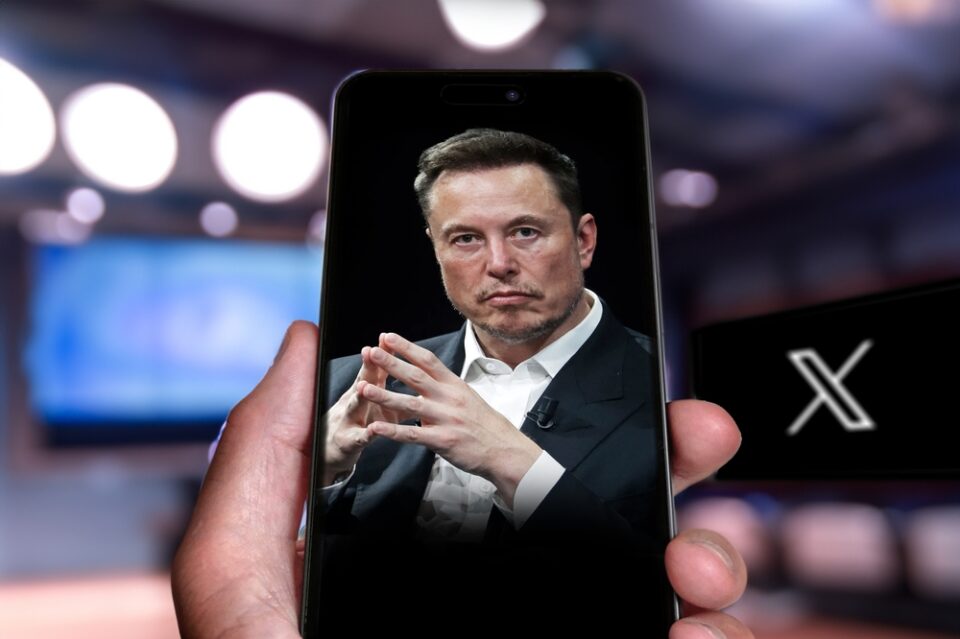Elon Musk has once again taken center stage in the political arena, this time vowing to bankroll moderate challengers in Democratic primaries. The declaration came in response to a Democratic lawmaker’s accusations that the tech magnate is using his social media clout to meddle in American politics. Musk, never one to shy away from controversy, seemed to relish the opportunity to double down, announcing his plans via X, the social media platform he owns, and positioning himself as a disruptor of the political status quo.
Musk has been anything but subtle in his critiques of government spending and policy. Recently, he targeted a sprawling 1,547-page spending bill that would have extended funding through March 2025, rallying his 200-million-strong X followers to oppose what he called a blatant misuse of taxpayer money. His slogan, “Stop the steal of your tax dollars,” struck a chord, as did his call to hold pro-bill lawmakers accountable in the 2026 elections. His campaign found an ally in President-elect Donald Trump, and the bill eventually crumbled under mounting pressure. After several failed attempts to pass similar measures, Congress finally advanced a slimmed-down version just in time to avoid a government shutdown.
Democratic Representative Richard Neal was quick to voice his frustrations over Musk’s growing influence, delivering a fiery speech on the House floor. Neal decried the idea of Congress bending to the will of a billionaire’s tweets, accusing Musk of bullying lawmakers—particularly Republicans—with the threat of primary challenges. The speech made waves online, drawing even more attention to Musk’s unapologetic approach to shaping policy debates. Neal’s critique, however, only seemed to energize Musk’s resolve.
True to form, Musk responded with his usual bluntness, announcing his intent to fund moderate candidates in deeply blue districts. His aim, he explained, was to unseat politicians he views as disconnected from their constituents. The move sparked a flurry of reactions, with some praising Musk for challenging entrenched political power and others accusing him of overstepping boundaries. Meanwhile, Representative Neal has remained conspicuously quiet since Musk’s announcement, leaving the tech mogul to dominate the conversation.
As Congress grappled with its spending woes, the drama unfolded against the backdrop of a narrowly averted government shutdown. After the initial bill and a Trump-backed alternative both failed, House Speaker Mike Johnson introduced a third proposal—dubbed “Plan C.” This stopgap measure, which included funding through mid-March along with billions for disaster relief and farm aid, passed the House and now awaits Senate approval. With Musk continuing to leverage his platform to influence the political landscape, the question looms: how far can one billionaire push his agenda, and what does it mean for the future of American democracy?

